Russian deputy FM: US must revise Iran sanctions policy to revive JCPOA
Russian Deputy Foreign Minister Sergei Ryabkov says the United States needs to revise its policy of draconian sanctions against the Islamic Republic so as to help revive the 2015 nuclear agreement, officially called the Joint Comprehensive Plan of Action (JCPOA), three years after the US ditched the historic accord and tried to kill it.
“The utmost must be done so that the negotiations ensure the restoration of what’s known as the ‘factory settings’ of the JCPOA,” Ryabkov said on Thursday, according to TASS.
“Political will is now required. From the US side, it is important to prove and demonstrate in practice that the sanctions policy, which has been carried out over the recent years is being reviewed and the Iranian side is given the opportunity to reap those economic advantages that are included in the package of agreements that lies at the heart of the JCPOA,” the Russian diplomat said.
The JCPOA was inked by Iran and six world powers in 2015, under which Tehran agreed to put limits on certain aspects of its nuclear activities in exchange for the removal of international sanctions imposed against the country.
In 2018, however, the US exited the nuclear pact and began to unilaterally implement what it called the maximum pressure campaign against the Islamic Republic, effectively depriving Iran of the deal’s benefits by forcing third parties to stop trade with Iran.
Iran remained patient for an entire year, after which it began to take incremental steps away from its nuclear obligations due to the other parties’ proven failure to secure its contractual interests.
The Islamic Republic’s nuclear steps prompted other signatories to enter talks, earlier this year, with the aim of reviving the JCPOA through a mutual return by all sides to their commitments under the deal.
Ryabkov reiterated that the nuclear accord must be restored in its original form.
He further said that Iran should also carry out a number of activities that would ensure there is no deviation from the nuclear deal’s parameters.
“The Iranian side must carry out a series of measures to make it clear to all the other parties to the agreements, and, of course, to the IAEA that there aren’t any deviations from the parameters of the JCPOA in the nuclear field,” he said.
In recent days, Iranian Foreign Minister Hossein Amir-Abdollahian has said on two separate occasions that Iran is seeking a “good agreement” through the multilateral talks in the Austrian capital, Vienna, which are scheduled to resume after a five-month hiatus on November 29.
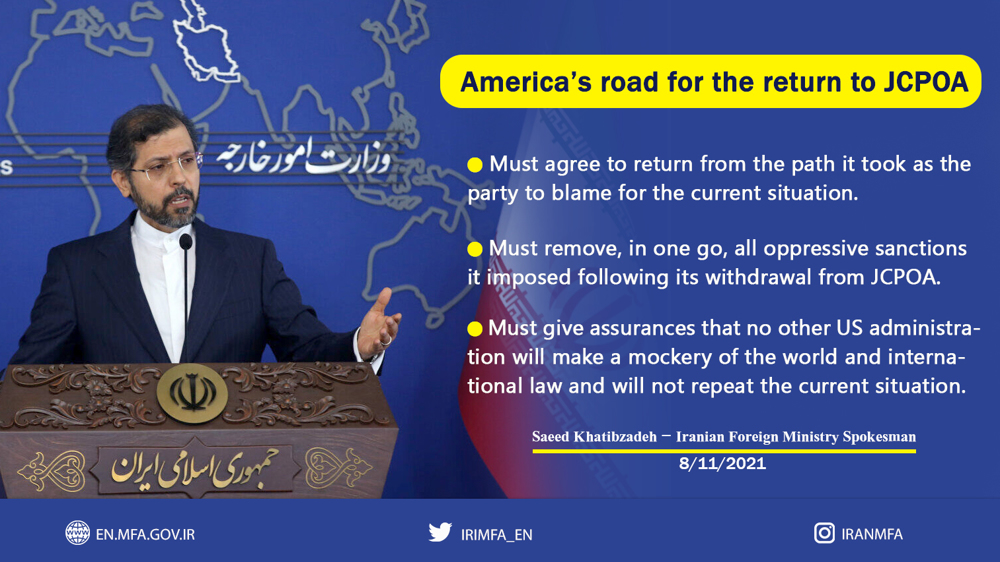
On Wednesday, Amir-Abdollahian’s deputy, Ali Baqeri-Kani, who is Iran’s lead negotiator at the talks, made it clear that the nuclear issue is already resolved, emphasizing that the focus would be on the removal of all of Washington’s illegal sanctions.
Iran has repeatedly reassured the other JCPOA signatories that it will resume full compliance with its nuclear obligations under the deal after the US, as the instigator of the current crisis, removes all of its sanctions and gives Iran a guarantee that it will not leave the deal again.
On Monday, Iranian Foreign Ministry spokesman Saeed Khatibzadeh once again spelled out what the US must do to regain its JCPOA membership and restore the deal.
The US must agree to return from the path it took as the party to blame for the current situation, he told reporters at a press briefing.
Khatibzadeh explained that the US then needs to remove all the cruel and illegal sanctions it imposed on Iran after its unilateral withdrawal from the nuclear deal “in one go and in an effective way.”
Then the US has to guarantee that “no administration in the United States would belittle the world and international law” again by repeating the withdrawal from the JCPOA, he added.
Russia warns foreign intervention in Ukraine will be treated as "direct threat"
MSF chief warns Israeli ban on Gaza operations will be 'catastrophic' for millions
‘No illegal demands’: Shamkhani says US talks may bear fruit if respect, logic shown
VIDEO | Iran prepared for both scenarios: Talks or self-defense
Russia slams ‘unacceptable’ US pressure on Cuba as Trump seeks oil cutoff
Epstein advised ex-Israeli PM Ehud Barak to cooperate with US AI firm Palantir
Iran, US to hold nuclear talks in Istanbul: Report
Israeli strikes kill at least one, injure several people in south Lebanon


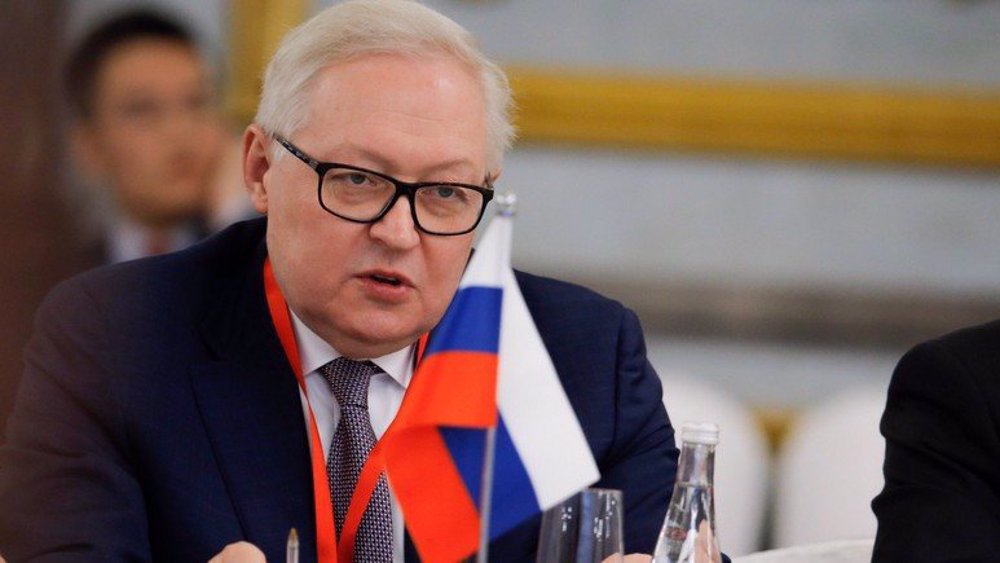
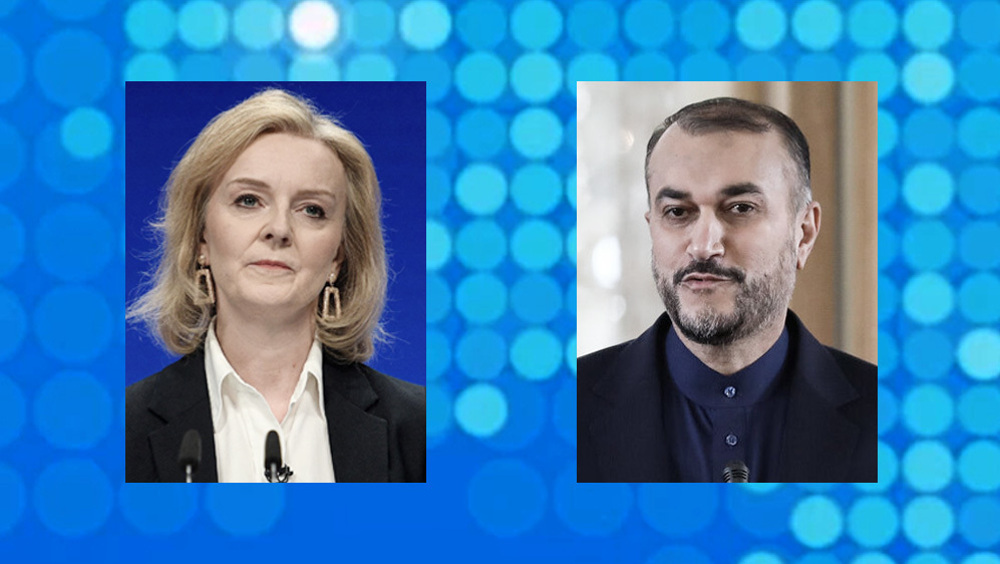
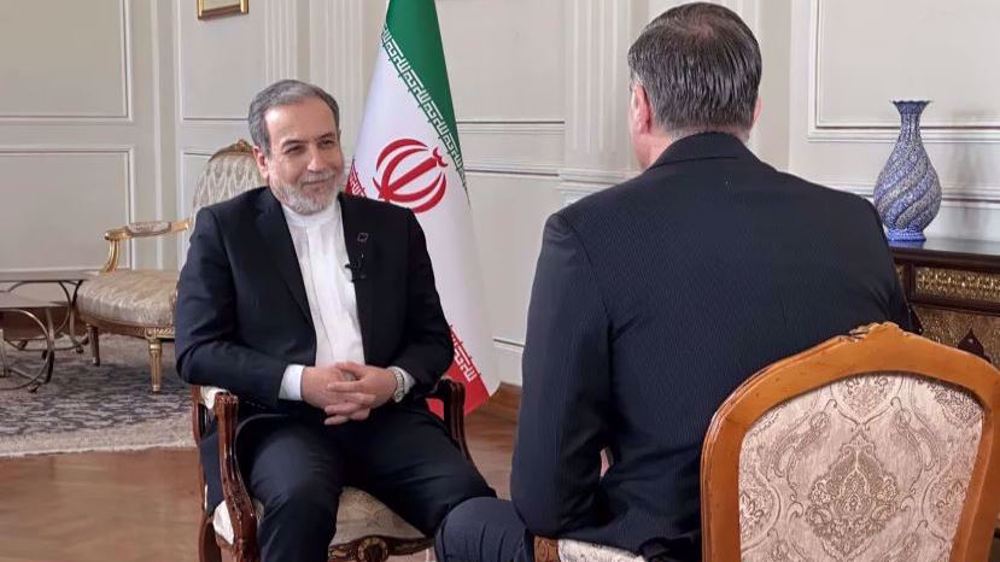
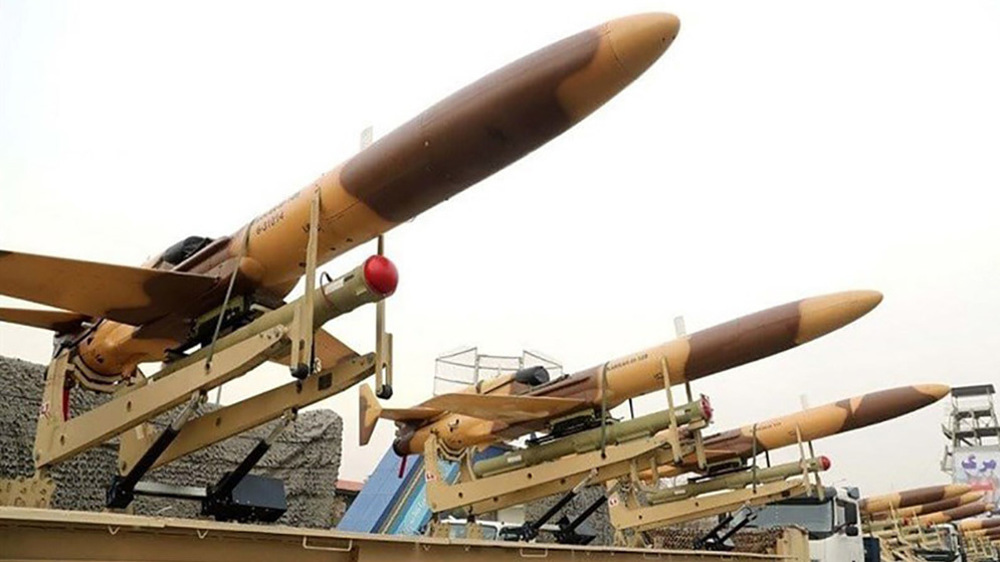
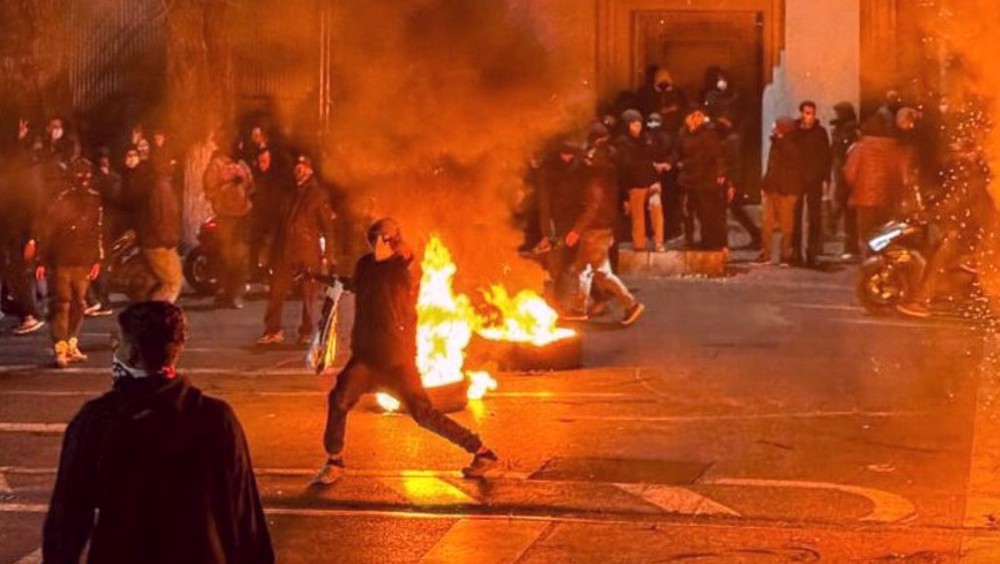



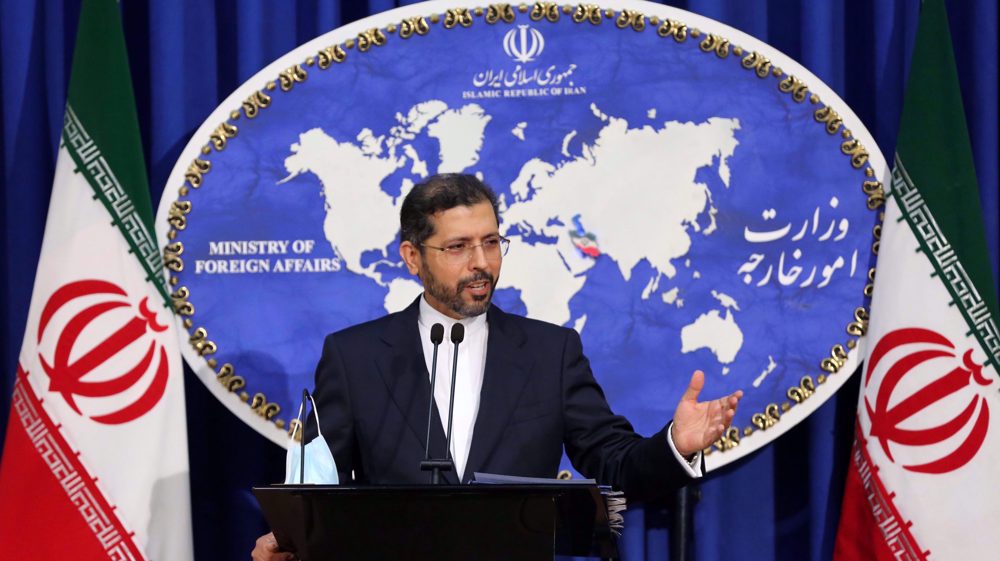
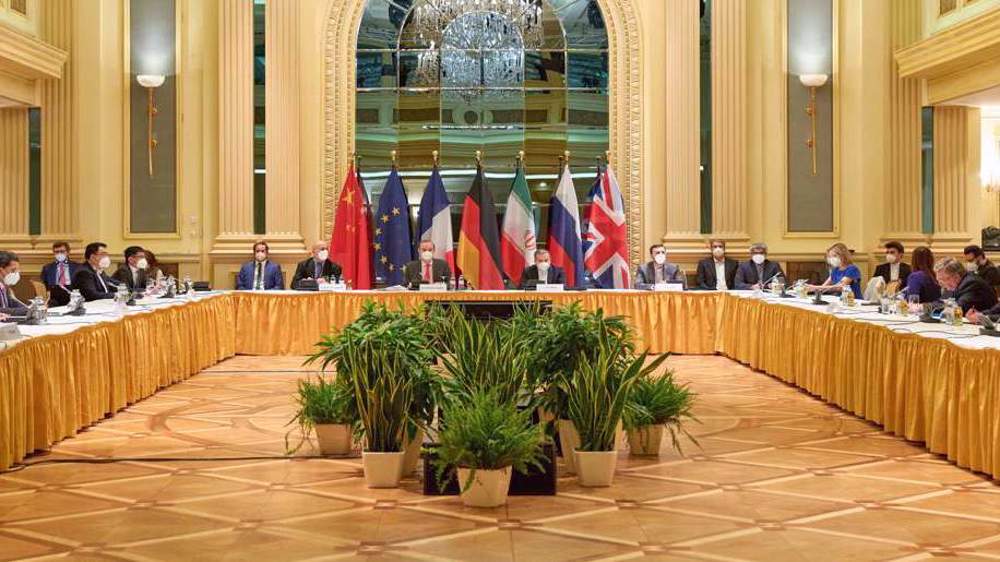
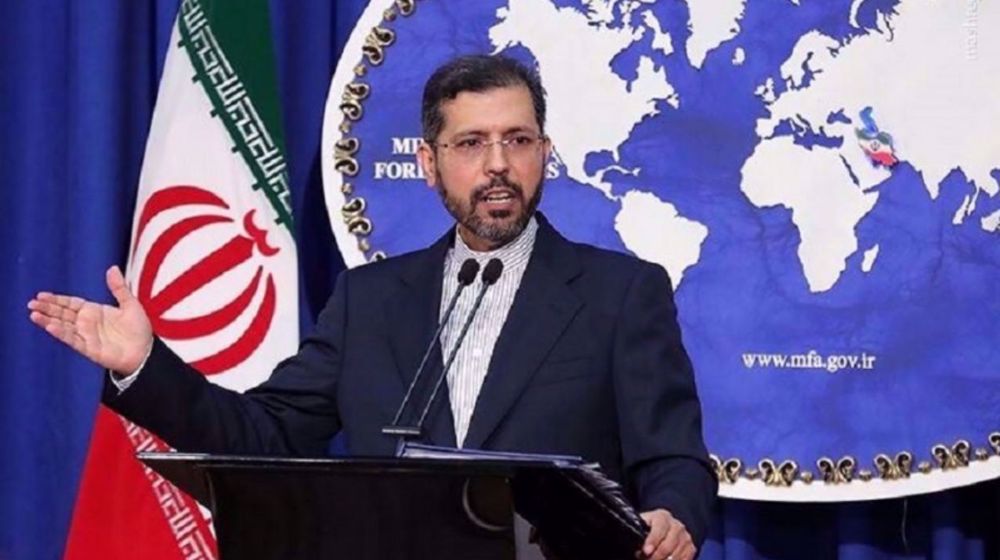
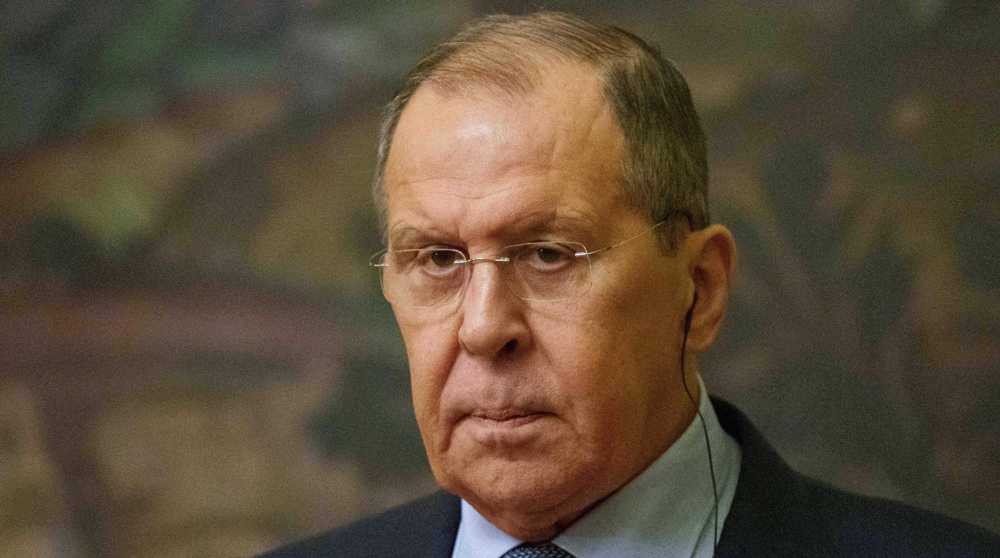
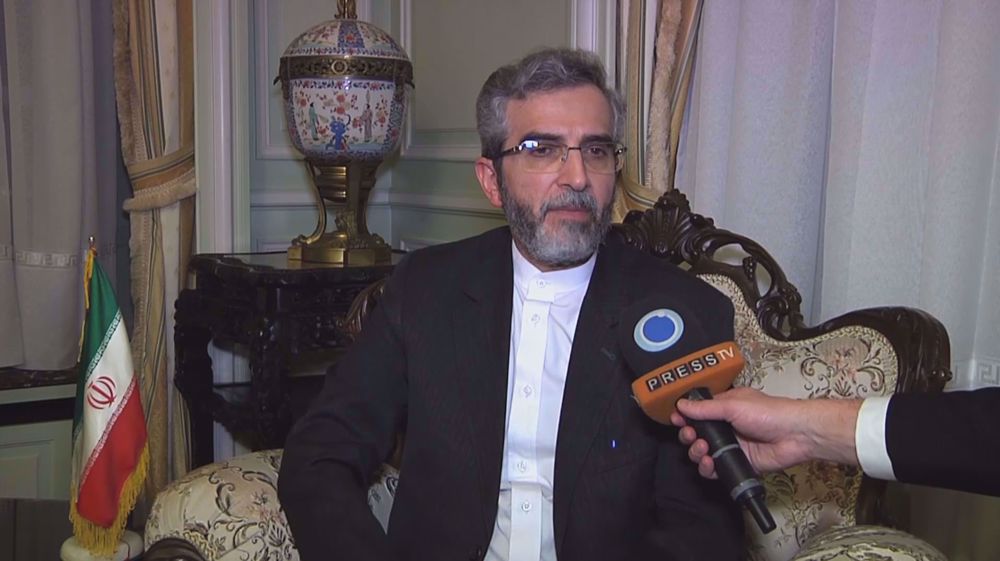

 This makes it easy to access the Press TV website
This makes it easy to access the Press TV website